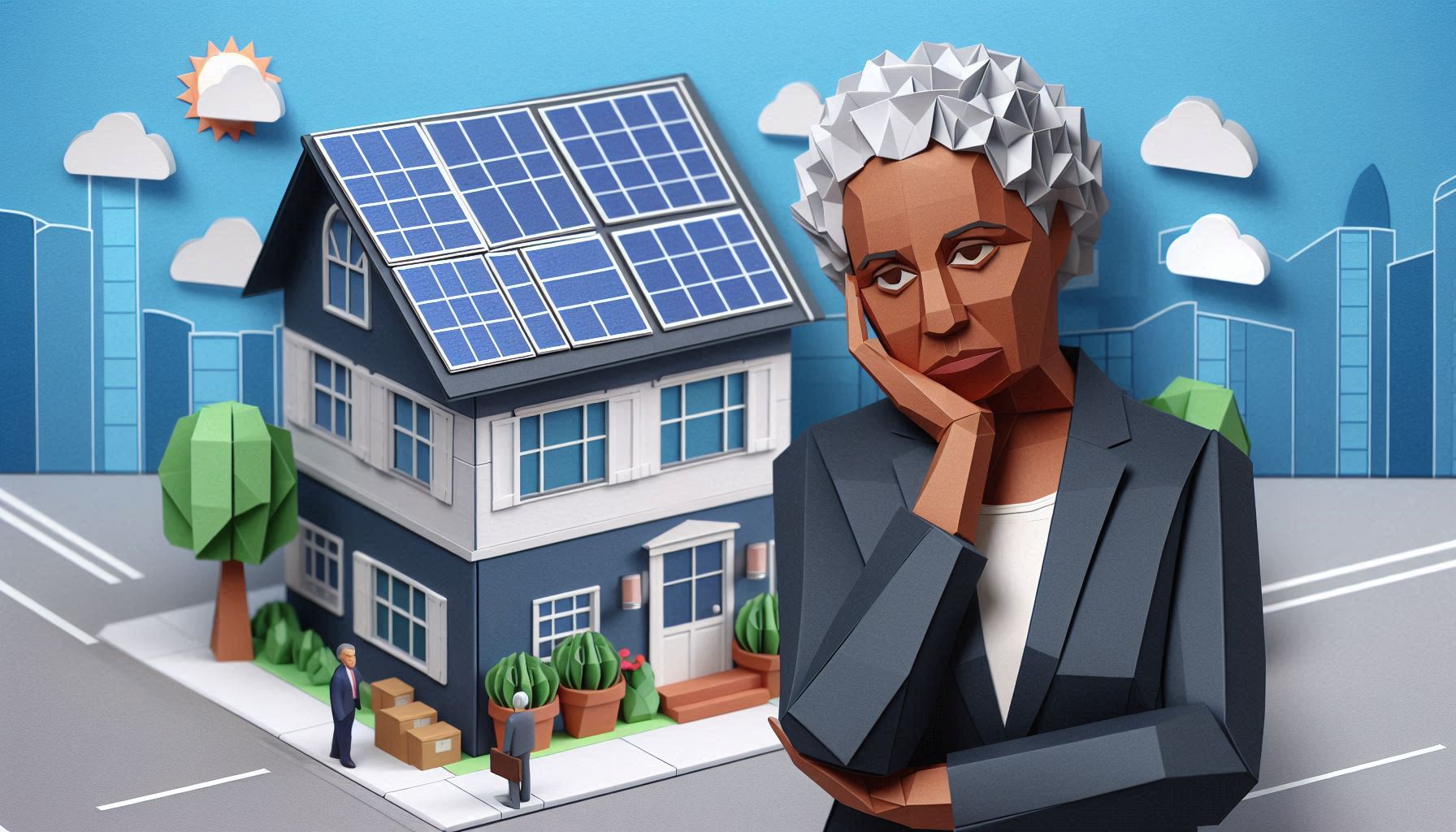Solar inverters are the brain of any solar power system, converting the DC electricity from your solar panels into the AC electricity that powers your home or business. Choosing the wrong inverter can lead to system underperformance, frequent breakdowns, and a voided warranty.
Learn everything about solar inverters
Read this article to learn about the best size of inverter for your business
See now
Just as important as knowing what to buy is knowing what to avoid. Here are the types of solar inverters you should steer clear of:
1. Inverters from Unverified or Unknown Brands
The solar market has seen an influx of inverters from manufacturers with little to no track record. These brands often offer products at rock-bottom prices, but this comes at a significant risk.
- Lack of Quality Control: Unverified manufacturers may cut corners on quality, leading to components that fail prematurely, especially in challenging climates with high heat and humidity like Nigeria's.
- Non-existent Support: If the company goes out of business or doesn't have a local presence, its warranty becomes worthless. Getting technical support or a replacement part will be nearly impossible.
- Unreliable Performance: These inverters may not meet their stated efficiency ratings, meaning you won't get the full power output you're paying for.
Recommendation: Stick with well-known, reputable brands with a global presence and a verified track record of reliability.
2. Inverters with No Official Certifications
A quality inverter will have certifications from recognized international bodies like the IEC (International Electrotechnical Commission) or UL (Underwriters Laboratories). These certifications confirm that the inverter has been rigorously tested for safety, performance, and durability.
- Safety Risks: Uncertified inverters can pose serious fire and electrical hazards. They may not have built-in safety features like arc fault protection.
- Poor Performance: Without proper testing, there's no guarantee the inverter will perform as advertised. Its efficiency and ability to handle various grid conditions are unknown.
Recommendation: Always ask for certifications. If an installer or vendor cannot provide them, it's a major red flag.
3. Oversized or Undersized Inverters for Your System
Matching the inverter's size to your solar panel array and energy needs is crucial.
- Undersized Inverter: If your inverter's capacity is too small for your solar panel array, you'll "clip" your power output. This means that during peak sunlight hours, your inverter won't be able to convert all the power your panels are producing, leading to wasted energy and a lower return on your investment.
- Oversized Inverter: Buying an inverter with a much larger capacity than your solar array might seem like a good idea for future expansion, but it’s inefficient and more expensive. Inverters operate most efficiently when they are working at or near their rated capacity. An oversized inverter will operate at a lower efficiency most of the time.
Recommendation: Work with a knowledgeable solar provider who can conduct a detailed energy audit to size your inverter correctly, considering both your current needs and any future scaling plans.
4. Inverters with Short or Unclear Warranties
A reputable inverter should come with a solid warranty. A standard warranty for a string inverter is typically between 5 and 12 years.
- Short Warranty: A warranty shorter than 5 years signals that the manufacturer lacks confidence in their product's longevity. Given that a solar system is a long-term investment, you need an inverter that can last.
- Vague Warranty: Be wary of warranties that are not clearly written or come from a company that you cannot easily contact. Ensure the warranty covers both the product and any potential shipping or labor costs for a replacement.
Recommendation: Always choose an inverter with a strong, verifiable warranty backed by a reputable manufacturer.
Switch to solar today
Save up to 70% on energy costs when you switch to solar with Earthbond
Get started











